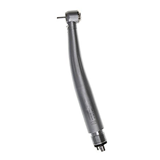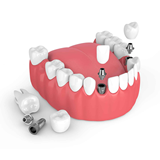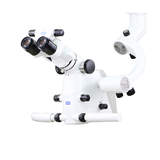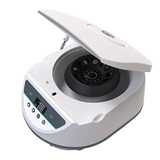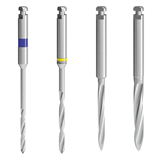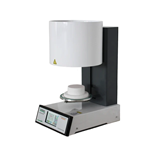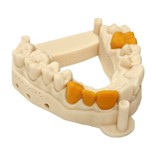"As the Commission of Audit considers Commonwealth spending in areas such as health, it will be important to ensure that recommendations are well-targeted and do not further disadvantage those who cannot afford to take care of their health," said Alison Verhoeven, chief executive of the Australian Healthcare and Hospitals Association (AHHA).
Around five per cent of people who needed to see a GP in the past year delayed seeing or did not see their GP because of the cost, according to the ABS survey. Of those who did see their GP, 20 per cent waited longer than they felt was acceptable; this was particularly the case in regional and remote areas of Australia.
Cost was even more problematic for those who needed to see a specialist, with almost eight per cent delaying or not visiting the specialist because of cost.
"Cost and access barriers in primary health care increase the pressure on hospital emergency departments, so it is not surprising that the ABS survey also found that people living in areas of more socio-economic disadvantage were more likely to visit the ED than those who live in more prosperous areas," Verhoeven said.
"Likewise those living in regional and remote areas of Australia are more likely to visit the ED than those of us living in major cities."
Around a quarter of the people surveyed who had used the ED in the past year did so because of the time of day or day of the week that they needed care. And more than a fifth of ED users felt their care could have been provided by a GP.
With only 55 per cent of Australians having some private health insurance, and those who lived in rural and remote areas, or who rated their health as fair or poor, less likely to be insured, demand on Australia's public hospitals will continue to require careful management.
"This survey also includes important findings about the value of well-coordinated healthcare, particularly when people need to see several health professionals about the same health condition," Verhoeven said.
"Around a quarter of people with long term health conditions or aged over 75 see three or more health professionals for the same condition. Well-coordinated care is essential in ensuring high quality health outcomes for these people."
Affordability issues are even more problematic for those who need dental care, according to the ABS survey, which found that one in five Australians aged 15 and over who require dental treatment are delaying treatment, sometimes indefinitely, due to the costs involved. This increases to nearly a quarter of the population between 25 and 34 years.
"Commonwealth funding for the Grow Up Smiling program is an important step to improving access to dental care but this could be improved by providing a greater focus on best practice preventive and minimal intervention care, a thorough evaluation framework and stronger incentives to encourage provision of services in rural and remote areas and to high needs groups," Verhoeven said.
"Out-of-pocket costs pose a major barrier to accessing medical and dental care for some people. All Australians should continue to have timely access to high-quality healthcare services regardless of their ability to pay.
"To achieve affordable healthcare within a sustainable health system, consideration needs to be given to a broad range of healthcare financing and payment options, with a focus on better integration across the health system, and the overall mix of public and private services and insurance."



